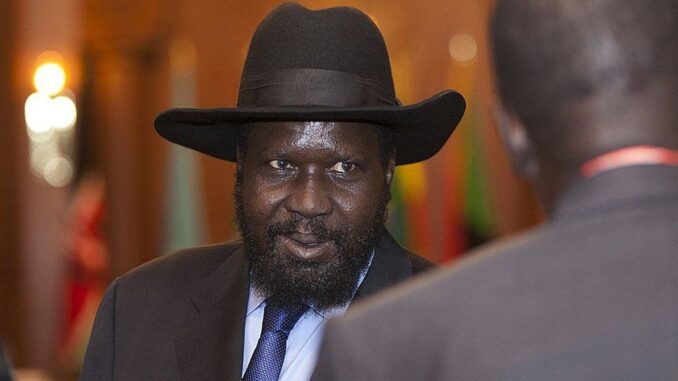
This important step was highly anticipated. The installation of a new expanded parliament was among the key measures of the peace agreement signed in 2018 between Salva Kiir and his rival Riek Machar, a deal that ended five years of civil war.
This dissolution, pronounced on the evening of Saturday, May 8, should have taken place more than a year ago, in February 2020, at the same time as the formation of the national unity government. This is what was foreseen in the peace agreement. This is because it opens the way for the establishment of a new assembly, the composition of which was negotiated in the agreement: it is to increase from 400 to 550 members of parliament, of whom 332 will be appointed by President Salva Kiir, 128 by Vice President Riek Machar and 90 by the other parties to the agreement.
The Council of States, the equivalent of the Senate, which was also dissolved on Saturday, will be increased from 50 to 100 members.
In recent months, the opposition has been calling for the establishment of these new assemblies, whose absence has led to dysfunction. And not the least. The budget for the 2020-2021 fiscal year, for example, could not be voted on, and several laws could not be enacted. Some ministers, such as the Minister of Defence, also refused to answer summonses to the former assembly, deeming it illegitimate.
The announcement of the dissolution is therefore an important step, but it is greeted with some caution: “We hope that the dissolution will not open the way to a long process,” explains Jame David Kolok, president of the Civil Society Forum. We hope that the dissolution will not pave the way for a lengthy process,” said Jame David Kolok, president of the Civil Society Forum, “especially since the decree read out on television on Saturday does not set a date for the new assemblies to take office.
